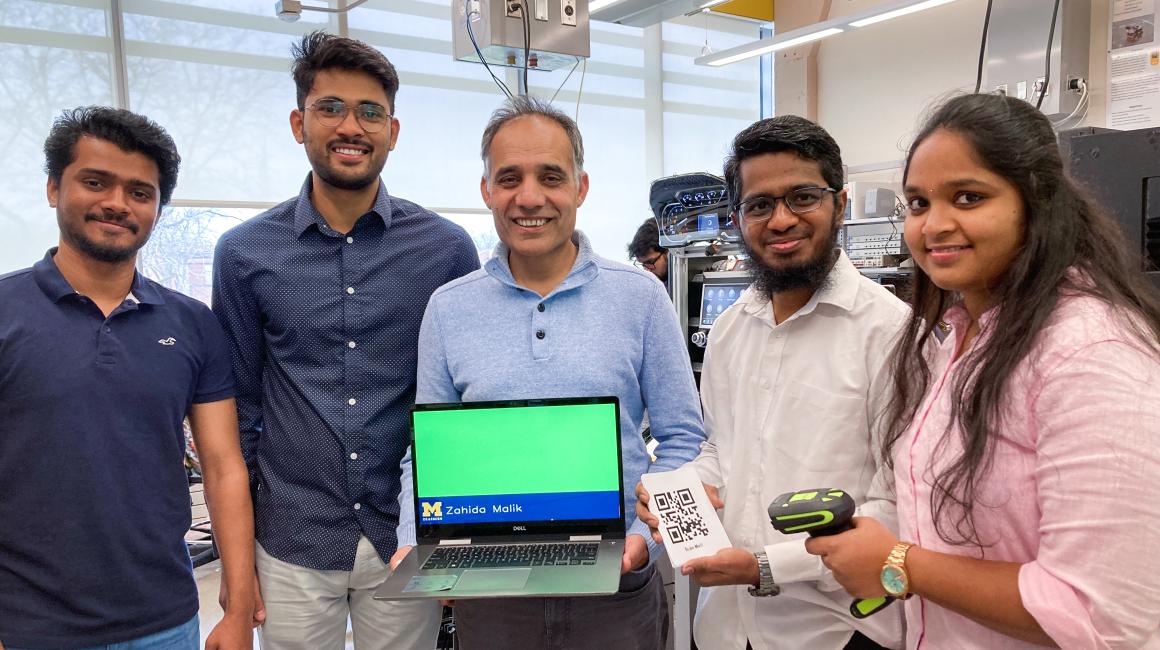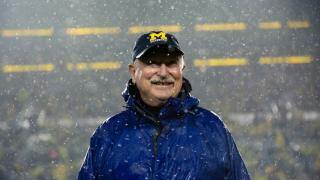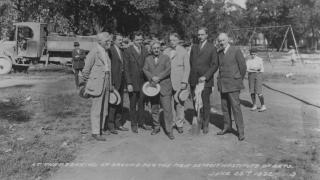
At a typical commencement ceremony, the cultural diversity of the American university is on full display, though organizers often struggle to nail one of the most basic expressions of this richness: pronouncing their students' names correctly as they walk across the graduation stage. “Basically no matter how good your name reader is, and UM-Dearborn has a very good one in Marcus Harris, it’s going to be very difficult to be 100% perfect,” says Hafiz Malik, a professor of Electrical and Computer Engineering who’s working on a number of diversity, equity and inclusion initiatives for his Chancellor’s Inclusive Excellence Fellowship. “There is just too much variation in pronunciation across cultures — and even within a culture — to get everyone’s name exactly correct.”
After the December 2022 ceremony, Malik was discussing this challenge with some of his colleagues when an idea dawned on them for how to fix the problem once and for all: “You can’t get more perfect than someone saying their own name,” he says. The next day, he circled back with the group with a brainstorm: Rather than having someone read names from phonetic spellings, which is how it’s traditionally been done at Commencement, Malik and his grad students could build an automatic name reading system that would play audio files of the students’ names that were pre-recorded by the students themselves.
Fast forward a year and their name reader system is set to debut this weekend at the December 2023 Commencement ceremony. Here’s how it works: Students recorded their names in advance using the NameCoach feature in Canvas, a tool that many students already use to help their professors with pronunciation. Then, as students walk across the stage, they’ll simply scan a card featuring a QR code. That will trigger the system to play their audio recording and display their name on the big screen. Malik says some graduates have had a little fun with the new recorded name option. One student got their kids to record their name. Malik’s wife, who’s walking this season to celebrate her master’s in health information technology, also opted to get the family involved. “The kids and I recorded her name together,” he says.
For Saturday’s ceremony, about 60 percent of graduates chose to make a recording for the name reader. Harris is recording the remaining 40 percent of names, and he and Computer and Information Science Professor Bruce Maxim will also be on stage to read any last-minute additions to the program. Malik is prepping some backup, too. “This is the first time we’ve done this, so we have backups of all the audio files, backups of sensors and the QR code reader, and we designed the system to work entirely offline so it can still function if the internet goes down,” he says. “We also made sure each person on our team has a backup partner in case someone gets sick that day. And even if my wife wasn’t graduating, I’d definitely be there to make sure everything goes smoothly!” If they do experience a technology glitch, phonetic spellings on the back of the cards provide a simple analog failsafe.
Malik credits his team of graduate students — Abhishek Ashok Borde, Abdul Kareem Shaik, Swetha Rani Kasimalla and Aditya Bendale — for taking this idea and running with it. “They are all from India, and many of them have long names, so I think this idea resonated with them and they worked very, very hard,” Malik says. “I never had to push them, they were so motivated, and I think it was very satisfying for them to create an actual product that is going to serve a need on such an important occasion.”
Malik and the students have submitted a patent for the system and are working with the U-M Innovation Partnerships office to commercialize it so other universities can use the name reader too. Their system boasts significant improvements over similar name reading options available today, which Malik says can cost upwards of $12,000 per ceremony and don’t allow students to record their own names. Malik says in the future, they’d like to embed the QR codes with additional personal information, like the student’s degree and major. “We could also have new students record their names when they get photographed for their student IDs so their recording is already ready to go when they graduate,” he says.
###
Story by Lou Blouin




